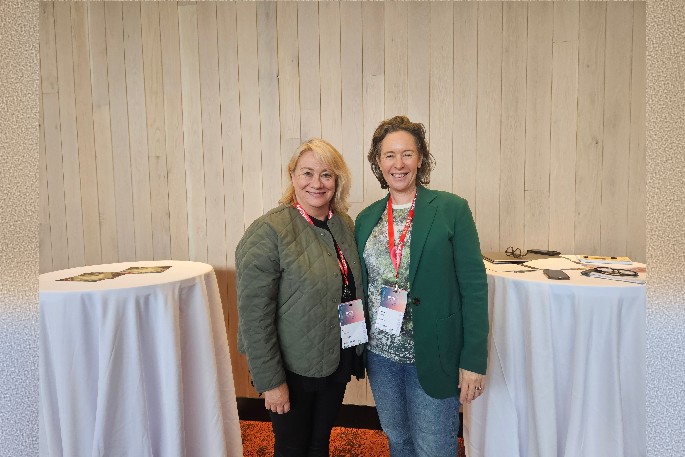This Content Is Only For Subscribers
Music is more than just background noise—it’s a powerful tool for shaping visitor experiences, building brand identity, and connecting cultures. For tourism and hospitality operators across Aotearoa, understanding how to legally and effectively use music has never been more important.
That’s where OneMusic comes in.
Greer Davies, director at OneMusic says “We’re not just representing New Zealand music creators—we’re representing all music creators.”
Thanks to international reciprocal agreements with global rights organisations, tourism operators playing everything from Kiwi ballads to UK pop hits can rest easy knowing royalties are reaching the right hands.
Making licensing simple
OneMusic’s new online platform is designed to demystify the licensing process. Operators simply select their business type—be it café, hotel, or guided tour—input a few details, and receive a fair, size-based fee.
Greer says the process is accessible for businesses of all sizes: “Licences can now be paid monthly by direct debit… it’s really flexible, you can activate your licence from anywhere, at anytime.”
Liz Diamond, manager at OneMusic, adds that while most commercial music is covered, the nature of music rights means there will always be a few outliers. “Change of ownership, falling out of copyright—it’s constantly evolving,” she says.
The Global flow of royalties—and data
From Hobbiton bars playing the likes of Ed Sheeran to boutique lodges curating local playlists, international music is common in Kiwi tourism. OneMusic ensures that royalties for these tracks make their way around the globe. “There’s an incredible flow of worldwide royalty movement,” Greer says.
That said, accurate distribution depends on knowing what’s being played. OneMusic is exploring music recognition tools like Audoo, but “we need tech to evolve a bit more before we can distribute royalties against exactly what’s played everywhere,” Greer says.
Cultural curation
“We want more of a bilingual music industry, and we want more of a local flavour. I mean, if it was 100% local, how amazing would that be? And we’re always working on that, even when you’re in the supermarket now, you’re hearing songs in Te Reo, it’s just fabulous,” says Greer. “And it’s evolved so much, and that comes down to not following overseas trends, but it’s what we want to do, and how we want to live.”
“And I think globally, that sets a really great example as well, because it’s not necessarily happening overseas.”
Branding through sound
Licensed music is increasingly part of a sensory branding strategy in hospitality. Greer highlights that while OneMusic doesn’t dictate what gets played, some businesses take a handpicked approach: “Music is one of many components in delivering that incredible brand experience.” she says.
Background Music Service Suppliers, supply curated music which partner with OneMusic, these suppliers provide the data behind these decisions—tracking how certain genres can influence dwell time or customer mood throughout the day.
Playing field for licensing
While tourism operators might hope for tailored licensing options, OneMusic’s structure is standardised across industries. “If you’re a retail store selling souvenirs or a hospitality business, you’re licensed under the published license scheme,” Greer says. “We don’t have a specific licence for tourism in particular.”
Still, the goal is universal. “What we hope is that they’re utilising music to the best of their abilities and that they understand the value that that’s giving to whatever part of the tourism sector that they work in.”
In a crowded market, that edge may come down to what’s playing in the background. And thanks to OneMusic, the right track can play the right chords—legally, globally, and culturally.



